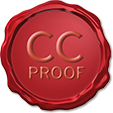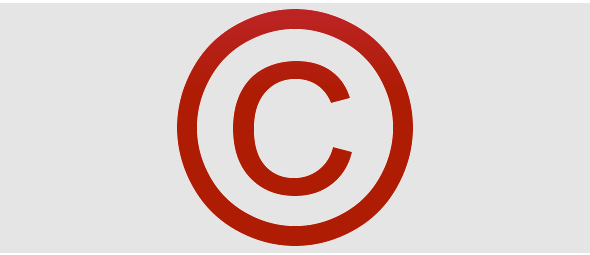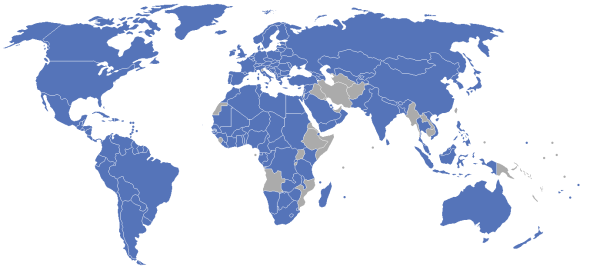Copyright is the exclusive right of the author – or his successors in title – of an original work in literature, science, or art to publish that work and to reproduce it, subject to the limitations laid down by law (as stated in Article One of the Dutch Copyright Law). A work must be formed in such a way that others may perceive it; a tangible medium of expression. In addition a work should have its own, original character with the personal imprint of the author. Works such as books, lyrics, sculptures and TV formats can have copyright protection. Ideas and methods must be expanded on sufficiantly to be able to have copyright protection.
You already have copyright!
Due to copyright law a work has copyright protection from the moment of its creation. Affirmative steps are not required to get protection. However a work must have a form so that others may perceive it, a tangible medium of expression. So a novel will not have copyright protection until it has been put down on paper. This is how copyright distinguishes itself from other types of intellectual property such as trademark rights, patents and industrial design rights.
But can you prove it?
The time will come when you want to present your work to the outside world. For instance, you might want to send your work to a manufacturer, TV-producer or publisher. To prevent conflict from arising as to who the creator (and thus the copyright owner) is of the work, it is advisable to take steps in documenting your work. CC Proof offers you the possibility to register your idea in a quick, safe and easy way. The registration can be used as evidence in a possible future conflict. In addition the registration might withhold others from trying to steal your idea.
We advise you to use CC Proof notice, as it makes other parties aware of the fact that you are the copyright owner, and thus preventing possible copyright infringements.
Where do I have copyright protection?
The image above shows in blue which countries have signed the Berner Convention. Within these countries you have copyright protection as the creator of a work.
It will be possible to claim copyright protection in all of these countries with the evidence that CC Proof provides you.
Non Disclosure Agreement
Registering your idea with CC Proof provides it with a ‘date of birth’. Even though the exact moment in time is registered, it does not give you any legal protection yet. There are two options to obtain legal protection of your idea:
1) Expanding on your idea so that it becomes a work protected by copyright law.
2) Signing a non disclosure agreement with the opposing party.
Whilst developing and exploiting your idea it is advisable to make the other parties you are working with sign a non disclosure agreement. A non disclosure agreement is a contract between two parties in which you agree to keep information confidential, and thus not sharing it with others. When signing the agreement it is evident that stealing the idea is not permitted and without risks. To help our users CC Proof offers a – free of charge – non disclosure agreement.
Click here to download the confidentiality agreement of CC Proof
 CC ProofCopyright management
CC ProofCopyright management
